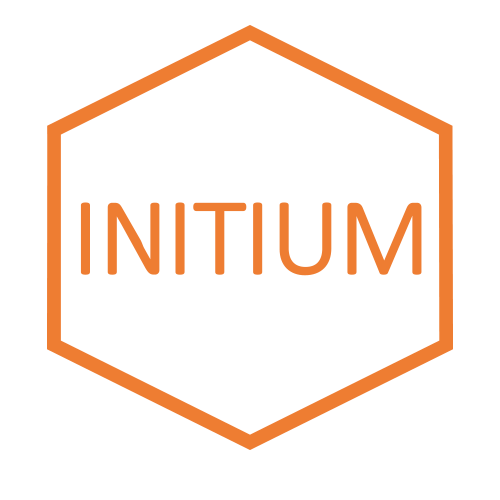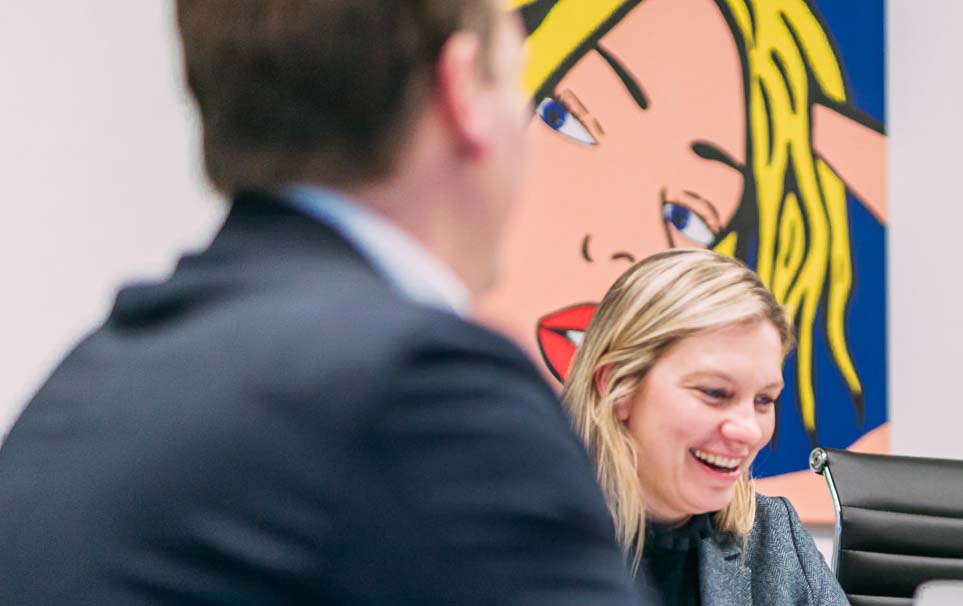Initium is a Limburg industrial holding company with seven companies in various sectors. During the crisis, they felt a considerable impact in various areas. By focusing on the short term and by adopting a positive attitude, we were able to withstand the situation well,” says CEO Maarten Bynens.
How have you prepared and organised yourselves over the past few months?
“The start of the crisis was certainly a bit of a shock for us. As we are a holding company with about seven companies under us, we felt the impact in different sectors. We put everyone on deck to lead our ships through the storm, however hard it would be. In doing so, we adopted the attitude of looking at things day by day and week by week. We had no intention of drawing up a completely new business plan or budget, as we could not look far enough ahead. Then you can do two things: saddle yourself with even more uncertainty, or always look at it in the short term.”
“In all the companies, we appointed a core team. Our motto was: let’s go for it, and continue to ensure as much continuity as possible. I myself always worked from one location instead of shuttling between the various companies. Because, of course, I absolutely did not want to be the reason that an infection would occur. We had transformed that one location into a war room from which we controlled everything.
“It has been a very intense period that has required a lot of energy. We put that energy mainly into our employees, because everyone was faced with many uncertainties. There were also private concerns, such as whether it would be safe to go to work. We constantly had to turn all those uncertainties around.”
What impact did you notice within the various companies in the holding company?
“If I look at it globally, I feel that we were on the right side of the spectrum. We are active in various sectors, including distribution. There we had to close showrooms and we really felt the impact on the figures (30% decline). However, we now see that confidence is coming back and that we are catching up.”
“In addition, we have manufacturing companies, which, for example, produce aluminium packaging for the food industry. They have had higher production in recent months because of the switch from restaurants and caterers to takeaway service. We therefore had to hire plenty of people and achieved growth. We also have companies that develop drives for covering swimming pools, for example, and companies that produce garden houses. Both of these sectors are growing enormously and are almost impossible to keep up with. The budgets that people had planned for a holiday they now seem to invest mainly in their own homes and gardens.”
“So we are a bit on both sides in terms of the economic impact of the crisis. We have felt the crisis, but are coming through it in a good way.”
Are there any lasting changes within the company?
“We had already put a lot of effort into digitalisation, which was a good move. For example, in the distribution companies the web shops were already fully up and running. The crisis was actually a stress test for us in that area, which we came through well. In addition, we would like to retain the efficiency of digital meetings. Initially, the idea prevailed that ‘it’s up to us’, but I have noticed that it can be very productive. It will not be the same frequency as in the past months, but it will be more frequent than before. Working from home has also been a real test for us and we have gained a lot of positive things from it.”
What positive lessons do you draw from the past period?
“I noticed that there was a lot of flexibility among the employees. I was surprised at what people are capable of in such a situation, especially in terms of effort and commitment. There was also great loyalty towards the company. So in many places, I really opened my eyes to how great everyone handled the situation.”
“I think that’s mainly because of the attitude with which everyone works with us. That’s the attitude we try to instil in people: look at the situation with a cocktail of positivism and an awareness of the environment. Try to be flexible, then you can handle a lot. Especially in difficult times, I have the feeling that this attitude pays off. And we definitely want to continue working with that.”
What is your greatest hope for the coming months?
“I feel the recovery is coming faster than I initially thought. We have seen many economic scenarios pass by in recent weeks. Nobody has a crystal ball, but those scenarios were fairly pessimistic. Nevertheless, the recovery now seems to be coming reasonably quickly. Consumer confidence is also important for that. I am holding my breath a little bit for the autumn because of a possible second wave, which would also have an impact on consumer confidence.”
“In many situations, the mentality is still to take up the challenge. We see this in a sector such as the hospitality industry: you can either throw in the towel, or you can try to reinvent yourself as best you can. Keeping a positive approach as much as possible, that is the mentality we work with here in the holding company. My hope is that, even in difficult times, we as a society will continue to try to bring out the positive.”

